Introduction
Now, one can manage multiple debts and lessen monthly financial pressure by taking the help of debt consolidation. From consolidation loans to special lenders, several options are available in this process to streamline your payments and reduce interest rates. This all-inclusive debt consolidation guide covers everything one has ever needed to know—about debt consolidation, options for debt consolidation loans, the role of debt consolidation lenders, and tips for successful consolidation.
What is Debt Consolidation?
Consolidate loans is one process where disparate loans are rolled into one lump sum. Debts may be credit card balances, medical bills, and personal loans. This may simplify your monthly budget to a possible reduction of interest rate and save money in the long run.
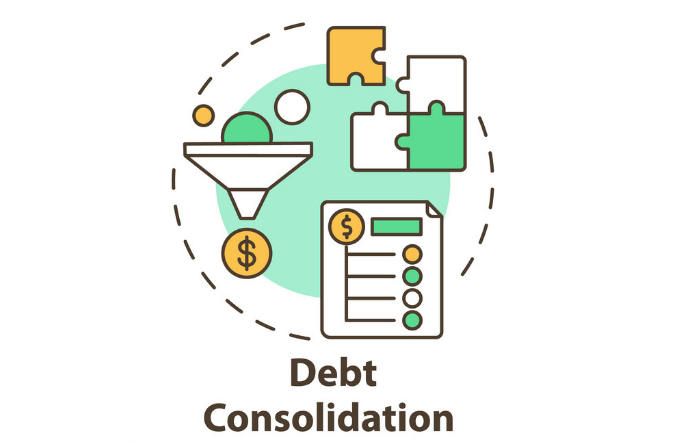
Benefits of Debt Consolidation
Debt consolidation provides you with various benefits that make handling your debt less stressful, and it might become more efficient:
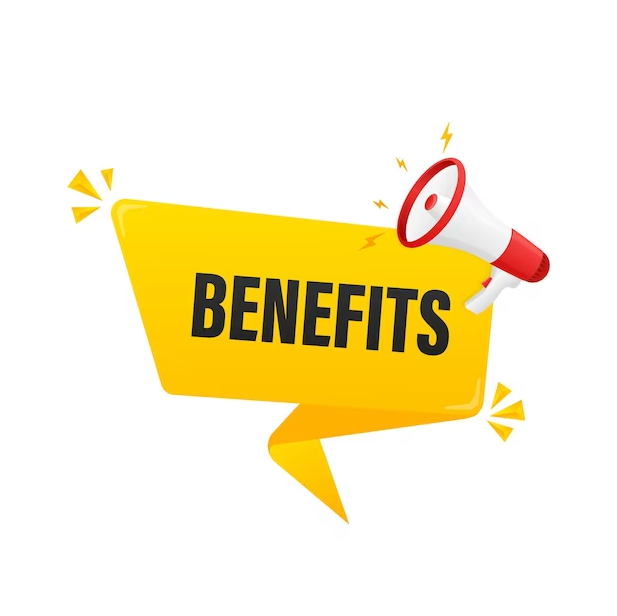
- Single Payment: Consolidation of debts means that you only manage a single payment every month.
- Lower Interest Rates: Most consolidation loans have a lower interest rate compared to that of credit cards. This means that this would save you much in the long run.
- Improved Credit Score: Paying on time and consistently will improve your credit score.
Types of Debt Consolidation Loans
There are various types of consolidation loans that may vary upon their specific advantages and conditions for qualifications. Let us consider some of the most popular types:
a) Personal Loans for Debt Consolidation
Personal loans are one of the most common types of loans applied for debt consolidation, particularly for individuals who have good to excellent credit scores. These loans generally carry a fixed period of repayment with a fixed interest rate.
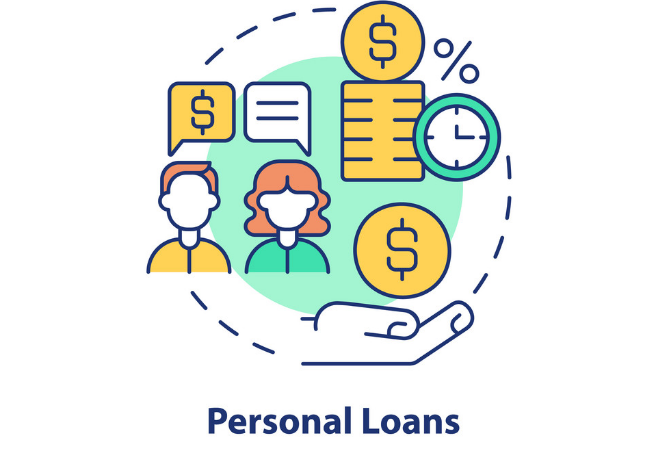
b) Home Equity Loans or HELOC
Another alternative is a HELOC, where one utilizes a home equity loan or line of credit. In some cases, the interest rate is fairly low. Of course, these loans rely on the threat that you might lose your house.
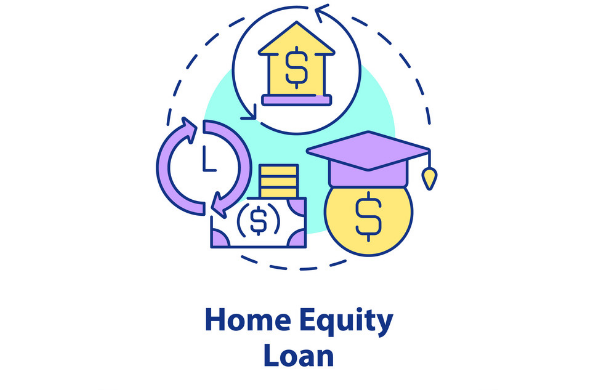
c) Balance Transfer Credit Cards
Some credit card companies enable the balance transfer facility on cards carrying an introductory 0% APR. This is a good balance transfer option if you can pay off the transferred balance before the promotional period expires.
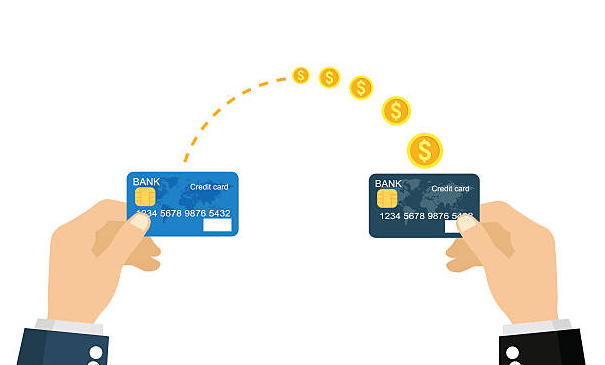
How to Choose Debt Consolidation Lenders
A good debt consolidation lender should give you favorable loan terms and allow you to repay your accumulated debts easily. Here are some points for your consideration:
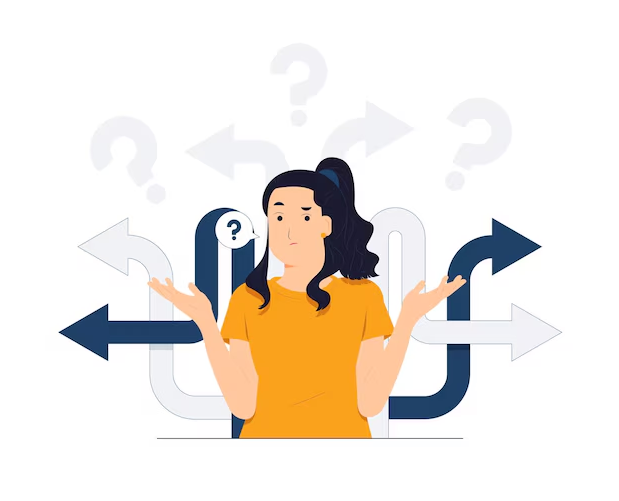
- Interest Rates: Compare the rates charged by different lenders so that you find one that offers you the best deal.
- Fees: Origination, prepayment, or late fees charged by some lenders may increase your loan price.
- Loan Terms: The longer you take to pay back, the lower your monthly payments are likely to be. However, the sooner you begin paying, the less interest you will pay over time.
- Customer Service: Choose a lender that has positive customer reviews and responds promptly to customer service inquiries.
Steps to Get a Debt Consolidation Loan
A step-by-step guide to follow if you‘re considering a debt consolidation loan would be the following:

- Assess Your Debts: List all your debts, including the amount outstanding, their respective interest rates, and each of your monthly payments.
- Check Your Credit Score: Higher credit scores will qualify you for better loan terms.
- Compare Lenders: Utilize online resources that might allow you to compare lenders based on such factors as loan terms, interest rates, and fees.
- Apply for the loan: Fill out the application with the chosen lender.
- Consolidation and Payoff of Debt: Once the money is approved, it can be applied to pay off some of your existing debts, while you then make only one monthly payment on the loan.
Tips for Managing Debt After Consolidation
Consolidation alone is not a magic cure; managing one’s debt post-consolidation is the key to long-term financial wellness. Here are some very useful tips:

- Keep Budget: Make a practical budget so that you do not overspend and incur more debt.
- Build an Emergency Fund: Some build up an emergency funds that prevents a need to take on any credit during emergencies.
- Monitor your credit report: This will enable you to track closely and identify any issues promptly.
Conclusion
Debt consolidation might be an excellent vehicle for regaining control over one’s finances when facing many sources of high-interest debt. A good understanding of options, picking the appropriate loan, and working with a reputable lender can significantly make debt management much easier and potentially save money in the long run. Moreover, successful debt management means budgeting well in the short and long term with a commitment to staying that way going forward.
FAQs
Will debt consolidation hurt my credit score?
- Debt consolidation can initially cause a slight dip in your credit score due to the loan application process. However, consistent payments can improve your score over time.
Can I consolidate all types of debt?
- Generally, debt consolidation is suitable for unsecured debts like credit cards, personal loans, and medical bills. Secured debts like car loans or mortgages are usually not eligible.
Is debt consolidation right for me?
- If you’re struggling to keep up with multiple debt payments, debt consolidation might be beneficial. However, evaluate your financial situation and speak with a financial advisor before making a decision.

Owner of Paisewaise
I’m a friendly finance expert who helps people manage money wisely. I explain budgeting, earning, and investing in a clear, easy-to-understand way.

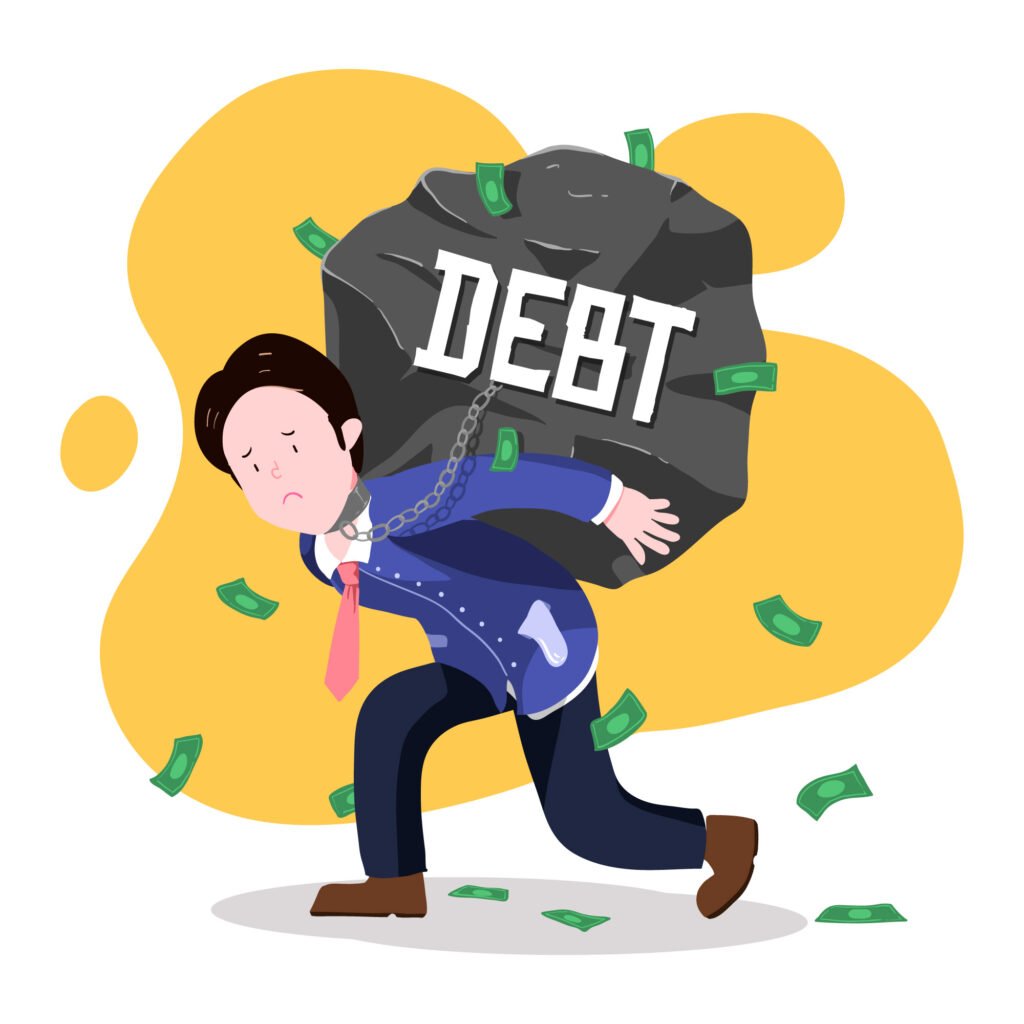
Pingback: 7 Ways to Eliminate Credit Card Debt Faster - Paisewaise
Pingback: 5 Ways to Increase Credit Limit: Boost Your Financial Flexibility - Paisewaise
Your post is a revolutionary piece; it challenged my viewpoint.